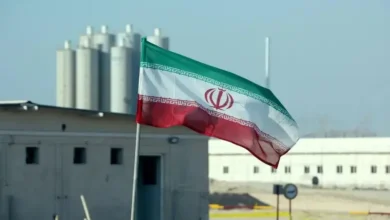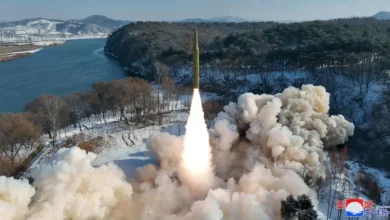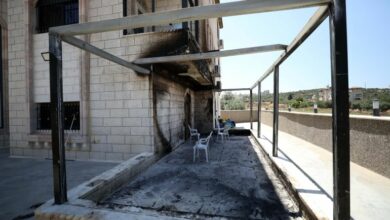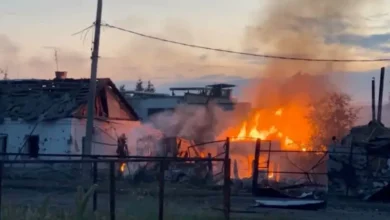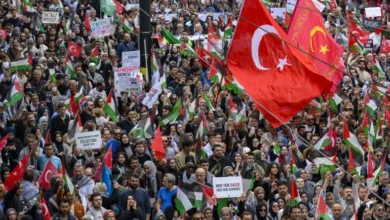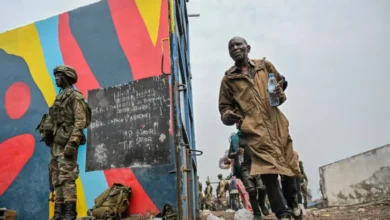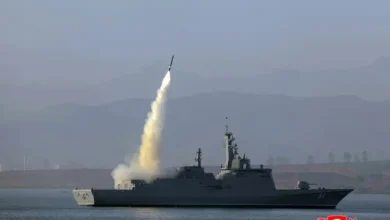Doctors rush to Turkey’s quake-hit areas to bolster health system
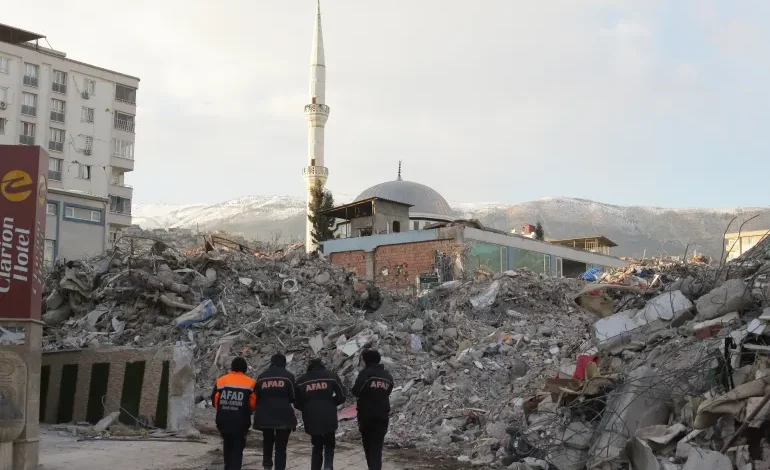
Emine, a woman in her 20s, lies in a hospital bed in Kahranmanmaras, a city devastated by last week’s earthquakes, as medics perform an ultrasound. The sound of her baby’s heartbeat fills the room as Emine’s eyes fill with tears.
Dr Erdogan Nohuz, a Turkish-French obstetrician who flew to southern Turkey from Lyon to help with the medical response, hears from the nurse that the patient is in pre-labour. Emine, her face contorted in pain and anguish, says she isin her 40th week of pregnancy.
“My brother’s wife was pregnant. We were in the same week in our pregnancy,” she says. But her brother, his wife and their one-year-old daughter died when their building collapsed in the earthquake.
“They found them but they were not alive,” she says. “May God never give you a pain like this.”
More than 46,000 people have been confirmed dead in Turkey and Syria after two devastating earthquakes struck southeastern Turkey on February 6. Officials said the toll is expected to rise, as search and rescue teams continue to hunt for survivors amid the rubble, and an unknown number of people are missing.
“We see a lot of people suffering from anxiety,” says Nohuz, who has been sleeping in an office at the women’s clinic of the city’s Necip Fazil public hospital – the most fully functioning hospital in the city of nearly 400,000.
“We see delays in consultations of seven or eight days,” Nohuz said. “I saw some patients who had needed to get a cesarean for two or three days, and I performed them yesterday. And so far, we have no bad news.”
In another room, a nurse presents a Syrian woman with her newborn baby. The nurse has come from Ankara to cover shifts for colleagues that have taken leave to grieve family members or retrieve their bodies, or have evacuated from the city.
Dr Nohuz says half of the workers in the department have arrived from other Turkish provinces to help with the relief effort. Despite some cracks in the walls and nylon netting protecting staircases and the main hall, there are few signs of damage at the hospital.
“When we arrived, the acute period was relatively over,” says Dr Tugba Gayretli, a 35-year-old obstetrician from Ankara.“We came here to help with healthcare provision and bring people back to a more normal life,” she said. “This is the only surviving hospital in the city that has a functioning operating room.”
A nearby hospital in the city appeared to be more heavily damaged with several cracks on the walls, entire wings were shrouded in darkness, and debris from broken windows and demolished walls were stacked outside the main entrance. The emergency department was still operating out of the basement.
A similar situation was unfolding at a smaller hospital in the town of Golbasi, in the province of Adiyaman. A doctor, who declined to be named, confirmed the hospital was “only open for emergencies” and a triage tent had been set up outside.
Many people from the surrounding region come to Kahranmanmaras to get help.
“Our tent has been very busy since the morning,” Kamal Malik, a physician and project coordinator at Doctors Worldwide Turkey, an NGO, tells Al Jazeera at the organisation’s field hospital set up for accident and emergency at a displaced people’s camp in the centre of the city. “People come from surrounding villages for medicine and healthcare.”
